
The essential guide to mastering your cashflow management

Guide to Borrowing Money - Which Option Is Right For You?

How to improve your businesses cyber security

How to boost your savings by £100s

Should I invest in the stock market?

Am I too young to have a pension?

Should you invest in shares or funds?

When should I start paying into a pension?
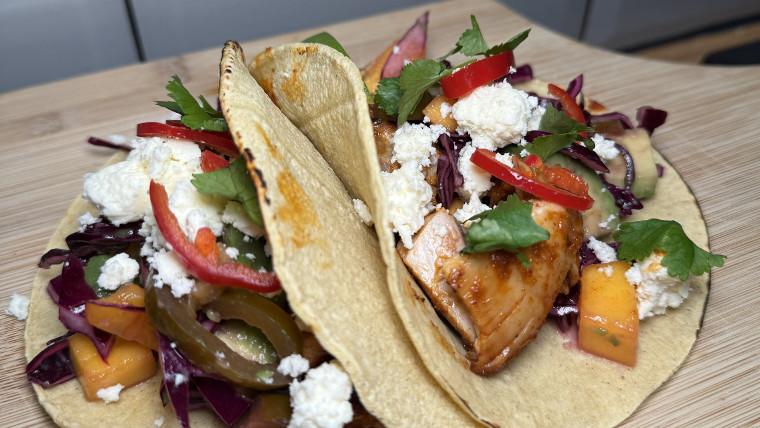
Four easy and healthy meals to add to your weeknight rotation
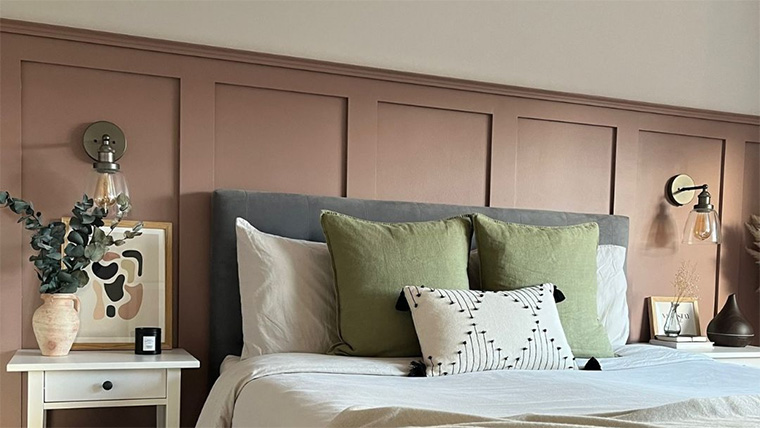
Five under £100 hacks that will make your home look more expensive
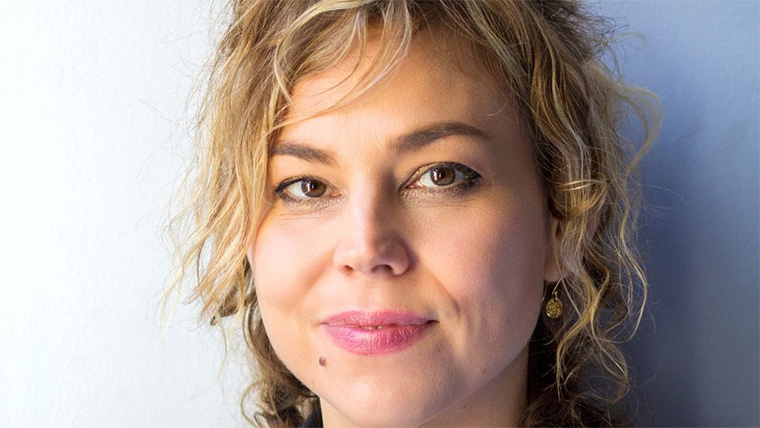
Five ways to supercharge your business

Eight tips for starting a business from home
 Dream home
Dream home
How to make stunning lamps without spending a fortune
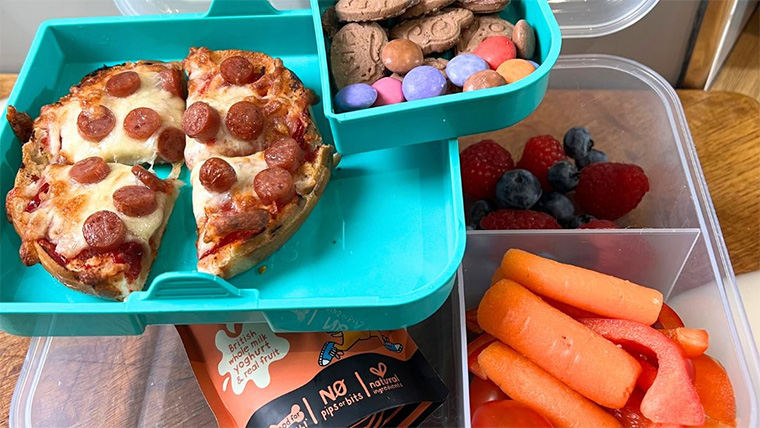 Mastering money
Mastering money
Five fun and cheap lunchboxes your kids won't get bored of
 Travel
Travel
Seven cheap tricks that'll save you £100s while on holiday
 Mastering money
Mastering money
Where to spend and where to save in your beauty routine
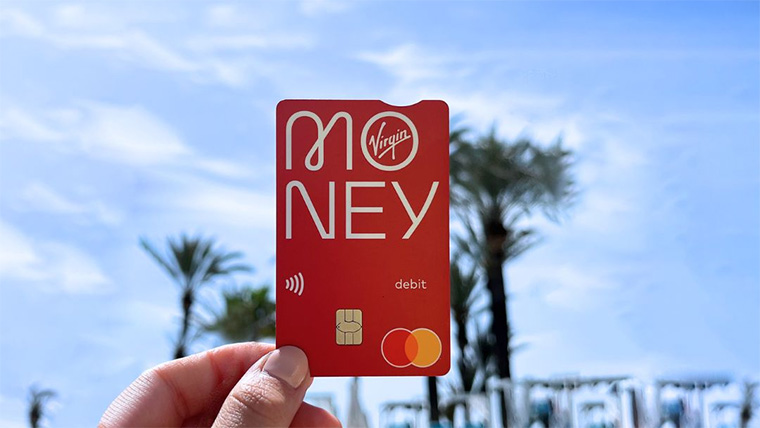 Travel
Travel
Six ways to cut holiday costs that you might not have thought of
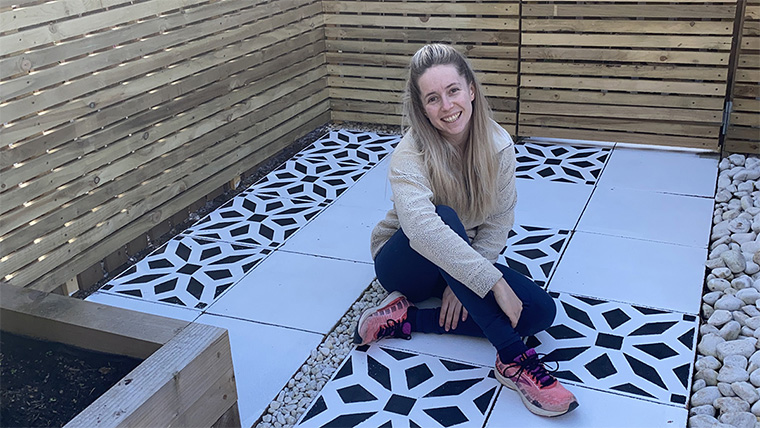 Dream home
Dream home
How to give your garden patio a mega makeover for less than £80
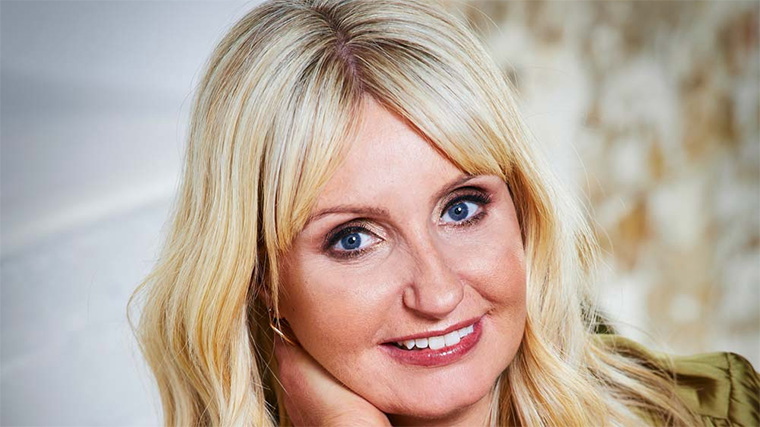 Mastering money
Mastering money
Seven incredible cleaning hacks that'll save you time, effort, and a ton of money
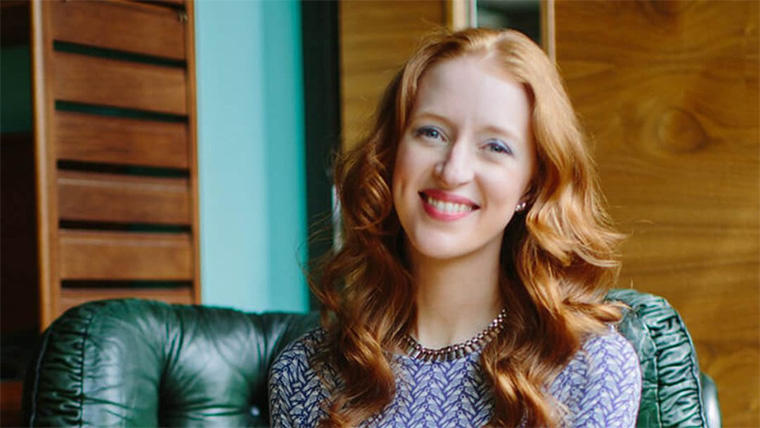 Mastering money
Mastering money
How to talk to your partner about money in tough times
 Money worries
Money worries
How to give your money a makeover in 2025 - a month by month plan
 Mastering money
Mastering money
The budget beauty hacks you need to know about
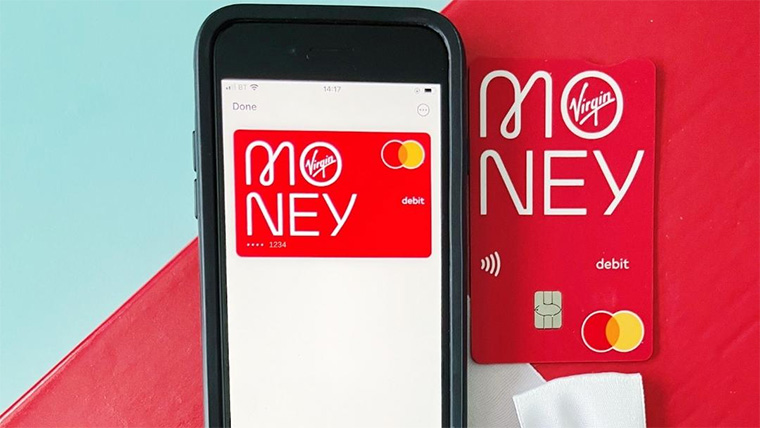 Money worries
Money worries
Five steps to have a Christmas with less money worry during the cost of living crisis
 Business
Business
Nine marketing tips that will help get your business noticed
 Money worries
Money worries
It's time to give your money a financial health check - here's how
 Mastering money
Mastering money
Eight incredible apps that will save you money and time
 Travel
Travel
Hoping for a holiday? Top tips on how best to save for your travels
 Travel
Travel
Save hundreds on your next holiday with my top travel hacks
 Business
Business
Boost your business's social media presence in ten simple steps
 Mastering money
Mastering money
How to save on your utility bills this winter
 Money worries
Money worries
5 signs you have financial worries and how to cope with them
 Dream home
Dream home
How to add value to your home
 Saving money
Saving money
How much should I save each month?
 Mastering money
Mastering money
I’ll think twice before buying from Europe now
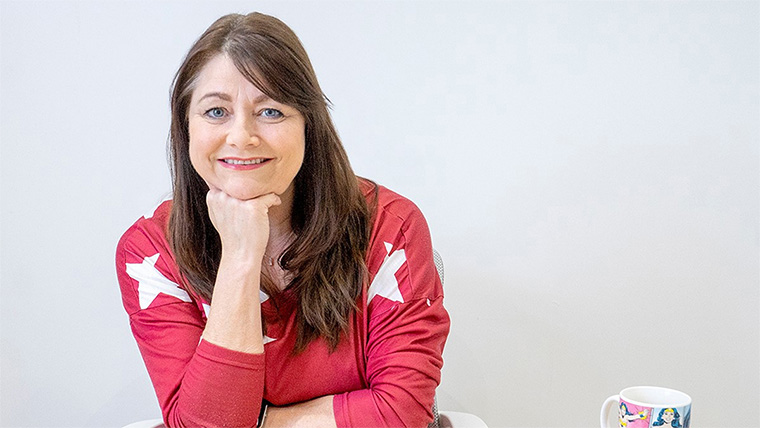 Dream home
Dream home
I paid off my mortgage in my 30s
 Dream home
Dream home
5 ways to make sure your home is a happy one
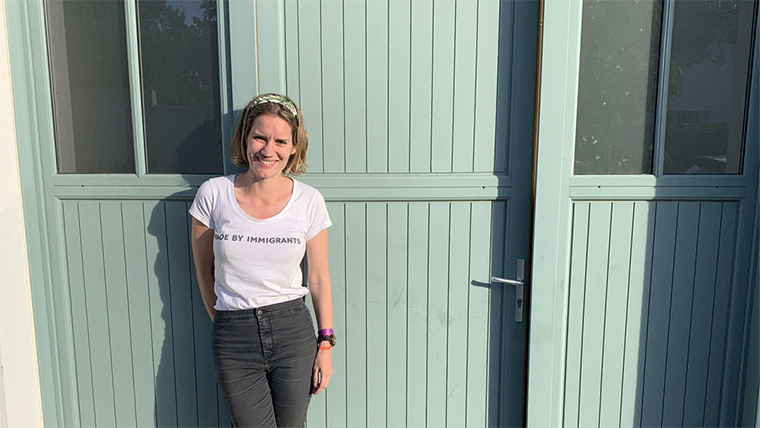 Dream home
Dream home